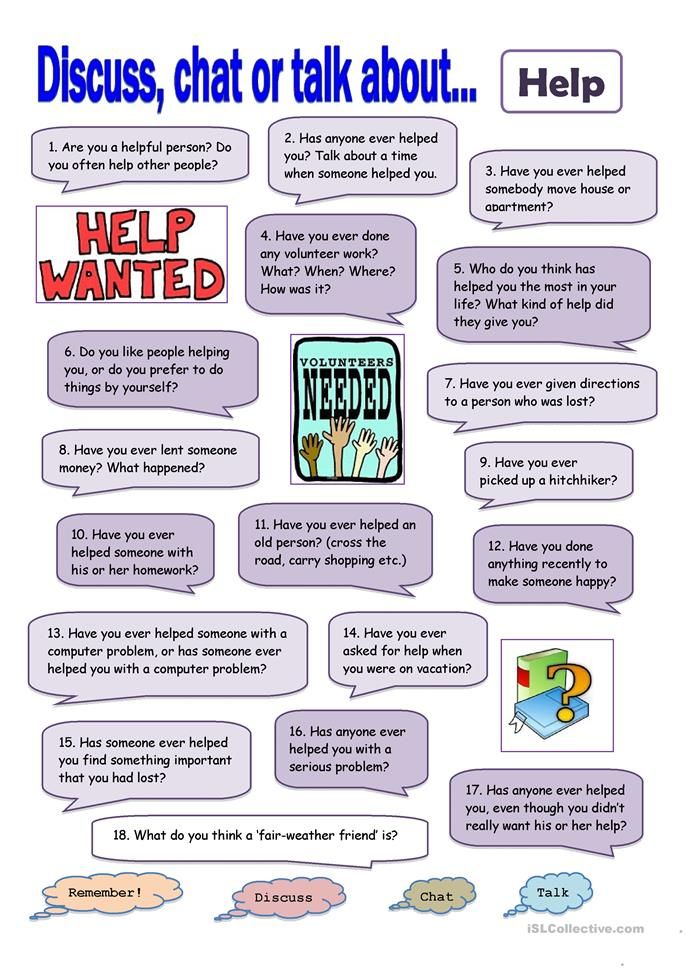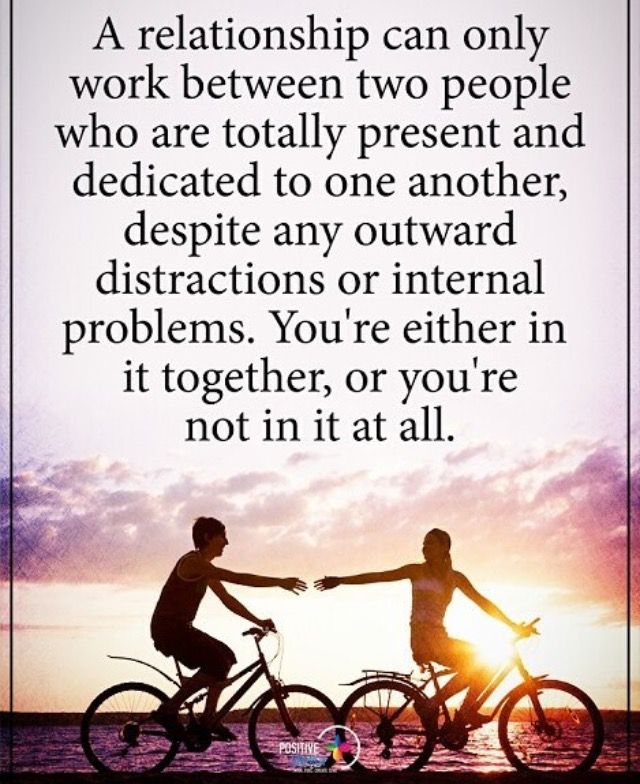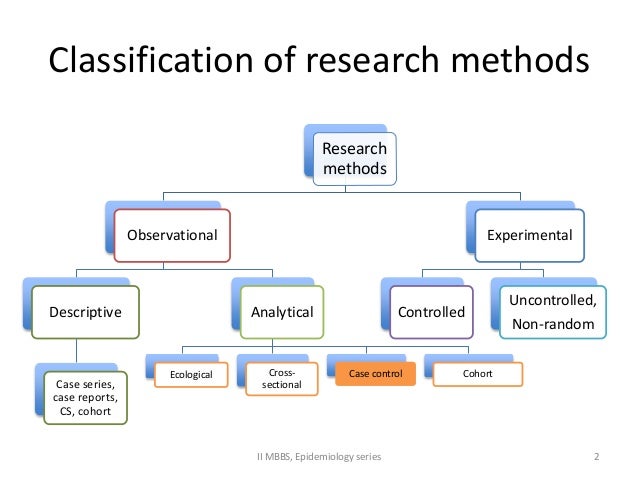Study stress management
Stress Management | Academic Skills Center
This page focuses on what stress is and looks at some general stress busters to help you out.
Stress: The Facts
What It Is
- An emotional/bodily reaction to physical, psychological or emotional demands.
- It can be useful and healthy (viewing events as challenges).
- Unmanaged stress can become distressful and unhealthy (viewing events as threats).
Causes
- Expectations we place on ourselves
- Expectations of others
- Physical environment—noise, movement, weather, season changes
- Internal environment—academic pressure, frustration, not enough time, decisions, social life
Symptoms
- Increased heart rate and blood pressure; feeling tense, irritable, fatigued or depressed
- Lack of interest and ability to concentrate; apathy
- Avoidance behaviors: abuse of drugs, alcohol, tobacco
Stress Busters
Tips for handling stress
- Add balance to life; don’t overdo studies or play.
- Know and accept what kind of person you are: strengths and weaknesses.
- Get a thorough physical exam.
- Take “time-outs,” especially during study.
- Expand your support network, reinforce friendships.
- Spend time with people who are not stressed.
- Discuss problems with friends, family, dean or counselor.
- Exercise! It relieves bodily tension and increases oxygen flow to your brain!
- Walk loosely and walk more.
- Learn and practice relaxation skills.
- Focus on immediate issues.
- Study each subject regularly for moderate periods of time.
- Credit yourself when things go right!
- Assume your challenges are all solvable
- Concentrate on your breathing – see below for deep breathing exercises
- Assume your troubles are temporary rather than permanent.
- Get a massage!
Attitude is important—it affects:
- How successful you are in achieving your academic and personal goals
- How you feel, mentally and physically
- How you look, what you say and what you do.

7 Easy Ways to Develop a Positive Attitude:
- Be confident.
- Be positive.
- Be punctual.
- Be patient: some things just take time to do.
- Believe in yourself: you are unique in this world, and so are your talents.
- Set goals for yourself: then WORK hard to achieve them.
- Get fun out of life: don’t take yourself too seriously.
| Positive Thinking :) | Negative Thinking :( |
| Planning Ahead “I’ll make a schedule” | Carelessness “It doesn’t matter.” |
| Willingness to learn “I’ll ask for help.” | Fatalism “If it happens, it happens |
| Alertness “I’ll concentrate and pay attention. | Passiveness “It’s not interesting.” |
| Knowing your goals “I want to improve.” | Ignorance “I don’t understand it.” |
| Faith “I’ll try my best.” | Cynicism “It’s not worth my time.” |
| Willingness “I’ll work on it now.” | Laziness “It’s too much trouble.” |
Adapted by Rachel Fleming ’00 from the pamphlet “Your Attitude and You” by Channing L. Bete Co., Inc.
Additional Resources
- Managing Stress and Anger (University of Maryland Medical Center)
- A College Student's Guide to Stress Management (Purdue University)
- Stress: Is It Your Major? (University of Michigan)
- Stress Relief Strategies (New York Univeristy)
"There's a lot of stress out there, and to handle it, you just need to believe in yourself; always go back to the person that you know you are, and don't let anybody tell you any different.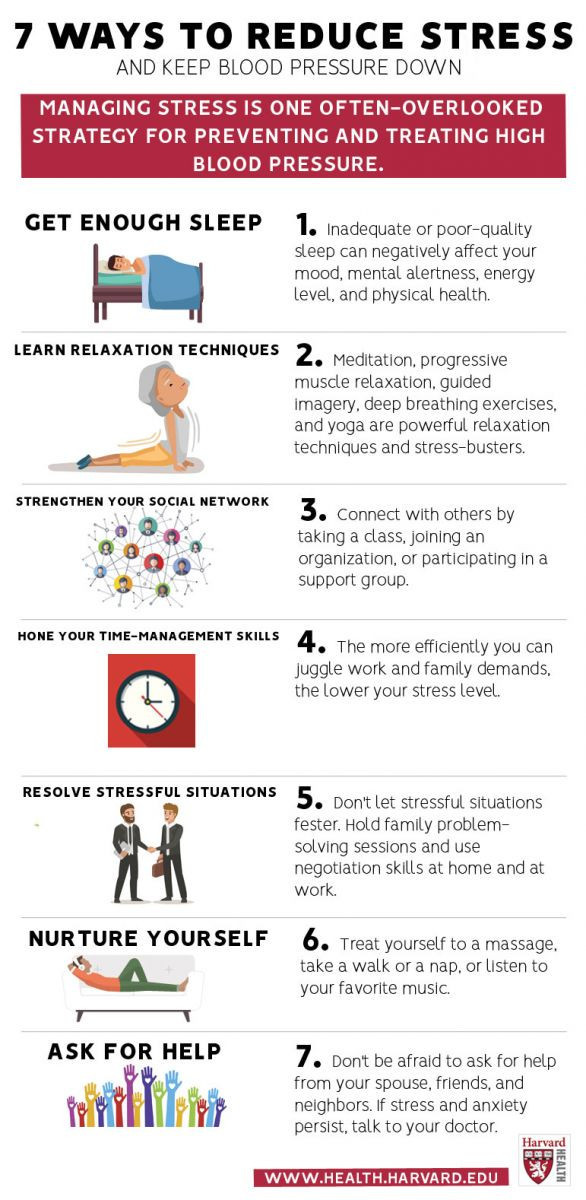 .." ~McKayla Maroney
.." ~McKayla Maroney
8 Effective Stress Relief Methods For Studying
Don’t let the pressure of the exam period affect your performance. There are lots of ways to relieve study stress and boost your learning potential…
1. Breathe and stretch as you study
Breathing techniques are one of the quickest and easiest ways to relieve tension in the body and calm the mind. By taking deliberately deep, slow breaths the body undergoes a relaxation response: the heart rate slows, muscles relax and blood pressure drops. Try five minutes of abdominal breathing (focusing on filling the air in the stomach area) or 7:7:7 breathing: breathe in for a count of seven, hold your breath for seven seconds, breath out for seven seconds.
Stretching the body will also help relieve muscle tension, increase circulation and focus your brain. Enrol in a gentle yoga class for a guided stretching session, then practise the techniques at home. It’s important to take a break from sitting at your desk. Not only will it keep you relaxed and alert, it’ll help you sleep better, too – all of which leads to more effective studying and exam performance. You can even get apps on your phone with exercise and stretching routines.
Not only will it keep you relaxed and alert, it’ll help you sleep better, too – all of which leads to more effective studying and exam performance. You can even get apps on your phone with exercise and stretching routines.
2. Become a pro at time management
To get the most out of your study time and make it as stress-free as possible, creating a study timetable is essential. Planning your studying a week or month in advance is ideal, meaning you’ll know exactly what you need to do, and that you’ll have the time to cover everything you need. But even if you have less time than you’d like, creating a timetable will help make sure you fit the most important elements into the period of time you have left. Make sure you factor in breaks and relaxing activities too, and be sure to mix it up so you don’t spend all day cramming the same subject – you’ll just get bored!
If you’re a bit disorganised or struggle to get going in the mornings (you’re a student, it’s expected) there are some great study apps that can help you take control of your schedule.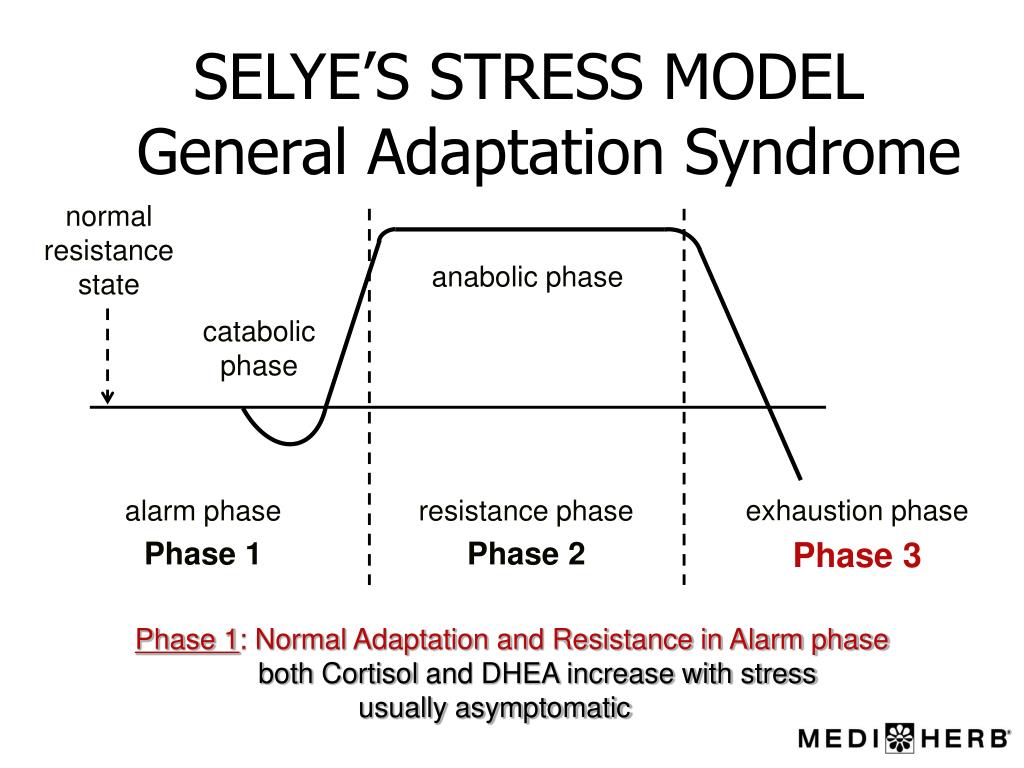 The Pomodoro Focus Booster app allows you to choose a task to complete, and will prompt you to take timed breaks at intervals of your choosing. It’s good for avoiding distractions and keeping study time to shorter, more effective bursts. Another time management app, 30/30, will let you set up a list of study tasks with a time scale for each, and tell you when it’s time to move on to the next item.
The Pomodoro Focus Booster app allows you to choose a task to complete, and will prompt you to take timed breaks at intervals of your choosing. It’s good for avoiding distractions and keeping study time to shorter, more effective bursts. Another time management app, 30/30, will let you set up a list of study tasks with a time scale for each, and tell you when it’s time to move on to the next item.
You can read more about how to manage your workload at university on another blog post.
3. Cut out distractions
Social media sites such as Facebook or Twitter are not only hugely distracting when you’re supposed to be working, but studies have shown they can make us feel stressed or experience ‘FOMO’ (fear of missing out) if we spend too long browsing them. Completely avoiding social media, if only for a couple of hours, will aid your focus and prevent you from getting lost in any negative thought patterns. Besides, why would you want to look at photographs of your friends enjoying their free time while you are meant to be working?
If you’re finding it especially hard to switch off, delete any social media apps from your phone and consider installing a website blocker onto your computer so there’s no way you can access the sites that distract you the most.![]() The free Self Control app for Macs allows you to block websites on your machine for a set period of time. Freedom does the same job but for PCs. There is a small charge of $2.50 per month for this, or you can try the week-long free trial. Have a digital detox and you’ll be sure to have a positive study session with less procrastination!
The free Self Control app for Macs allows you to block websites on your machine for a set period of time. Freedom does the same job but for PCs. There is a small charge of $2.50 per month for this, or you can try the week-long free trial. Have a digital detox and you’ll be sure to have a positive study session with less procrastination!
4. Take breaks outside
It can be tempting to hibernate in your university accommodation or even study from the comfort of your bed. However, research shows that simply being outside lowers stress levels, even after just five minutes in the open air. Find your nearest green space next time you need to take a study break and you’ll immediately feel less anxious and more clear-headed. The study conducted by the journal of Landscape and Urban Planning was held in Scotland – which is not the sunniest country in the world – so there’s no excuse not to get outside wherever you are!
5. Get your heart pumping
Not only will regular exercise relieve stress but it can also improve concentration and mental awareness – two things that are vital while studying for your degree. Tiring yourself out with exercise will also improve your sleep, which further reduces stress levels. You don’t need to go all-out to get the stress-relieving benefits of exercise, though, as psychologists have shown a 10-minute walk can be as effective as 45 minutes of rigorous exercise. Even better, it doesn’t really matter what form of exercise you choose as anything will be beneficial. Getting outside for some cardio would be a great way to boost your mood, but equally a yoga break will help relax the body and mind for your next study session.
Tiring yourself out with exercise will also improve your sleep, which further reduces stress levels. You don’t need to go all-out to get the stress-relieving benefits of exercise, though, as psychologists have shown a 10-minute walk can be as effective as 45 minutes of rigorous exercise. Even better, it doesn’t really matter what form of exercise you choose as anything will be beneficial. Getting outside for some cardio would be a great way to boost your mood, but equally a yoga break will help relax the body and mind for your next study session.
You can read more about some great tips for an efficient workout at home.
6. Talk it out
When you’re feeling pent up and anxious about your studies and exams, the pressure can feel overwhelming. A really great way to get a handle on the situation is to talk to your peers about what you are going through. You might find they are feeling exactly the same way and, as they say, a problem shared is a problem halved! If it’s all getting too much at your desk, take time out to call a good friend or parent and talk out your study stresses.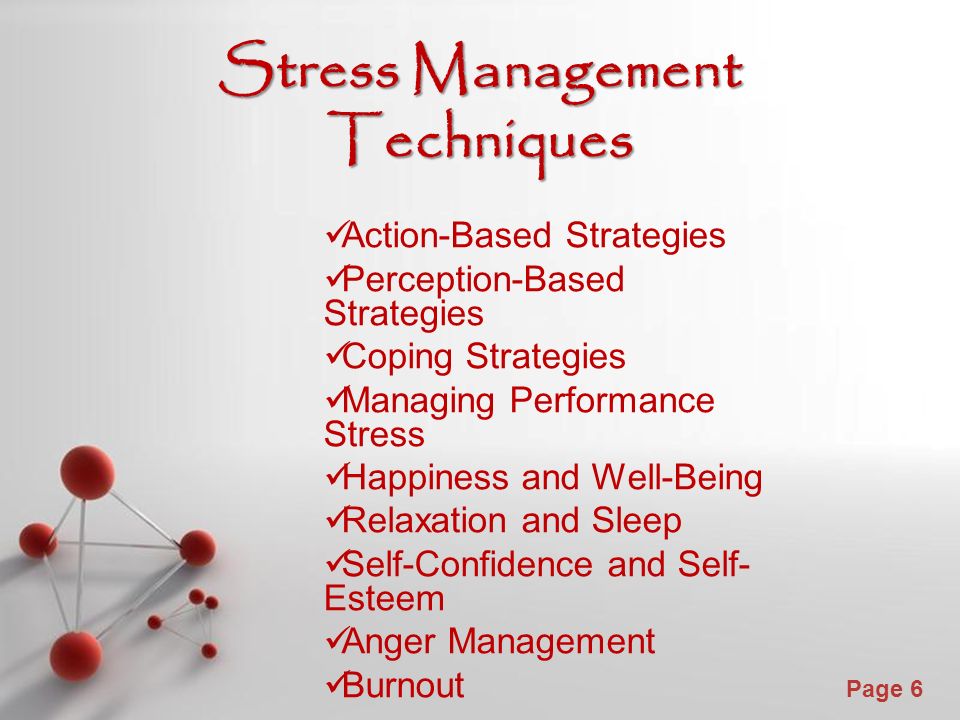 You’ll feel so much better just for voicing your worries and will come off the phone with newfound focus and determination.
You’ll feel so much better just for voicing your worries and will come off the phone with newfound focus and determination.
There’s no replacement for face-to-face human contact, though. If studying alone is turning you into a ball of stress, find a friend to be your study buddy or join a university study group. Working with others in close proximity should boost your mood and make you focus on the task at hand, and you’ll be less likely to get distracted by social media, daydreaming or worrying about upcoming exams and deadlines.
7. Make bedtime a priority
This one isn’t going to be easy since you are a student and all, but going to bed at roughly the same time every night is a fail-safe way to improve the quality of your sleep. Having a bedtime routine is also advised so that the body knows it is about to go to sleep and will relax in preparation. Turn off all electronic devices at least half an hour before sleeping and don’t try to study from your bed, as you will begin to associate it with negative emotions such as stress. There are also a few studies that advocate the benefits of napping during the day. If you need a quick recharge, try and grab a quick 20-minute power nap – for some people sleeping longer than that makes waking up difficult and can make them feel groggy. So you might want to keep it to just that length of time – but it depends on what works for you.
There are also a few studies that advocate the benefits of napping during the day. If you need a quick recharge, try and grab a quick 20-minute power nap – for some people sleeping longer than that makes waking up difficult and can make them feel groggy. So you might want to keep it to just that length of time – but it depends on what works for you.
8. Get your study snacks right
Studies have proven without a doubt that certain foods can help relieve stress and anxiety. If you are feeling overwhelmed while staring at your revision notes, consuming food and drinks that are high in sugar or caffeine will only heighten your stress. Instead, make sure you are putting healthy food into your body, which will help you stay calm and hopefully boost your brainpower, too. Some of the best (and tastiest) mood-boosting snacks include blueberries, dark chocolate and pistachio nuts. Pumpkin and sunflower seeds contain high levels of magnesium, which is known to regulate emotions. Of course eating too much of anything will make you feel lethargic and off-form – so eat in moderation. Those who drink black and green tea have also been shown to produce lower levels of the stress hormone cortisol after performing a stressful task, so put the kettle on when it all gets too much!
Those who drink black and green tea have also been shown to produce lower levels of the stress hormone cortisol after performing a stressful task, so put the kettle on when it all gets too much!
If you’re interested on some great tips to eat healthily on a budget, check out our blog post on the topic!
Now your studying is optimal and stress free, you just need these expert tips on how to succeed in the exam itself:
Exam Tips And Techniques From A Study Expert
And we’ve got plenty more useful study advice for you too:
10 Science-backed Tricks To Improve Your Studying
11 Tips For Studying In Another Language
But if stress becomes a problem, there are lots of places to turn:
7 Places To Go If You Feel Down At University
One of the most stressful things for a student can often be trying to find your perfect student home.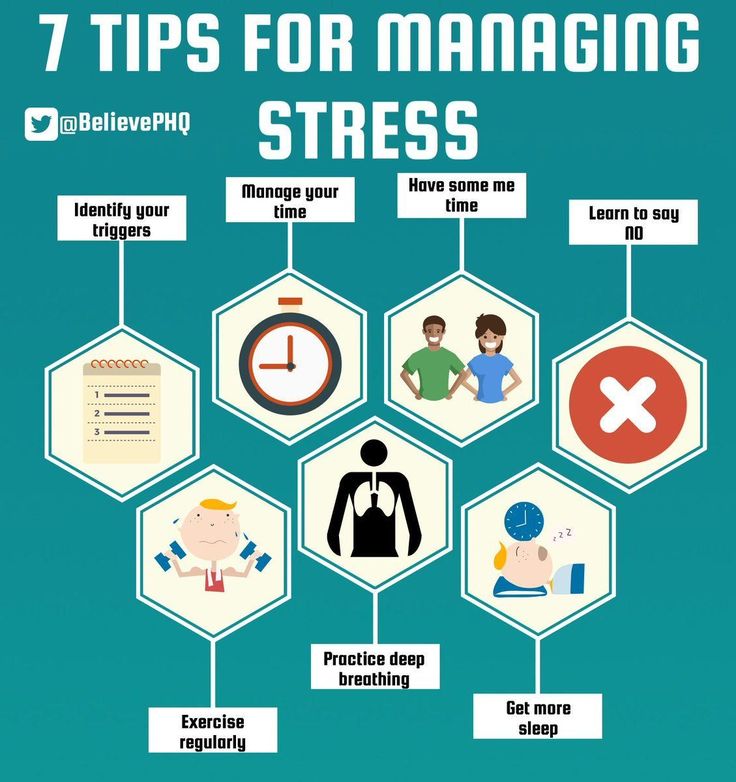 At Student.com, our mission is to make that process as easy as possible for you. We offer student accommodation in over 400 cities worldwide, so chances are we already list something that’s perfect for you!
At Student.com, our mission is to make that process as easy as possible for you. We offer student accommodation in over 400 cities worldwide, so chances are we already list something that’s perfect for you!
Tags: general-guide
Previous Post: Top Countries To Get A Job In After Studying There
Next Post: 18 things you'll only know if you study in Chicago
Ways, methods, technologies of stress management. How not to become a stressaholic?
Summer is ending. And this is a huge stress for the student! Before you have time to look back, how a pleasant meeting with classmates will be replaced by exam preparation. But it seemed that only yesterday you came, full of fresh thoughts and with a rested head.
Calmness, only calmness! Dear students, now we will reveal to you a secret that will help you not only in your studies, but also in your entire subsequent life: managing stress and emotions. After all, you must admit that it is much easier to eliminate stress (or prevent it) than to eliminate the consequences of stress later.
Are you stressed?
For more than 50 years people have been talking about this terrible beast. Let's first understand what it is all about?
Stress is the accumulated non-specific reactions of the body under the influence of various unfavorable physical or psychological factors. Why does it happen to students?
- Living away from home;
- Strenuous learning activities;
- Nearness/approach of exams;
- Complex material;
- Oversaturated student life, etc.
And stress management in life will become your one of the most important skills that will help you live a happy and dignified life (by the way, as well as conflict management in a team).
What happens if you don't get rid of stress?
Everyone has their own sensitivity threshold. For one, to panic, it is enough for 3 days not to see his mother. The other will endure torment and deprivation for years and will break at the very last moment. But the outcome will always be the same.
But the outcome will always be the same.
If you don't get rid of stress in time, this is what can happen:
- An increase in the level of internal tension;
- Reduced efficiency up to its complete destruction;
- Transition to depression;
- Indifference;
- Increased nervousness;
- Boredom;
- Longing.
This is interesting!
Prolonged stress (for several years) has a very bad effect on the body and is comparable in consequences to a severe heart attack. But strong short-term stress is like a shake-up of the body, which can activate physical and mental activity.
In general, it is better to first study the nature of this phenomenon, and only then move on to stress management.
Getting down to business: effective stress management
So, before learning the techniques and techniques for managing stress in the workplace or school, there are important things to remember at all times: - darling, it is impossible to live without stress - this is a natural reaction of the body to the environment and your life.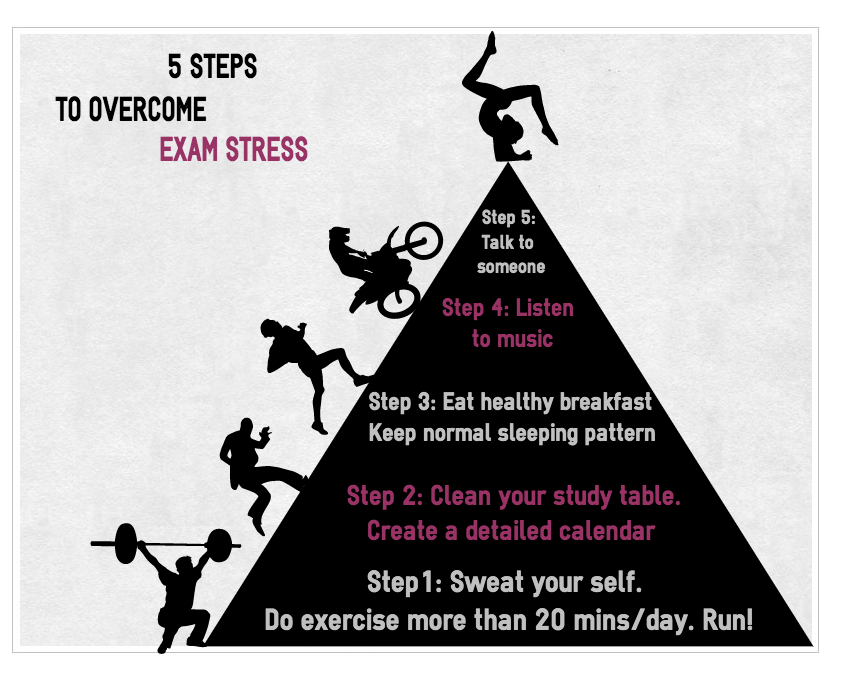 So just accept that it will be, will always be. But if you try to constantly avoid stress, try to live as calmly and measuredly as possible, the stronger its destructive influence will be when it gets to you.
So just accept that it will be, will always be. But if you try to constantly avoid stress, try to live as calmly and measuredly as possible, the stronger its destructive influence will be when it gets to you.
Overcoming stress every time, you and your body instill in yourself the skills to manage stress, as well as to deal with this phenomenon.
Studying the types of stress
There is constructive stress, in which, due to a large amount of accumulated dissatisfaction, a discharge occurs. This is good because it allows you to solve the problem and re-establish rapport with the environment. Roughly speaking, we shouted and again we love each other with the same (or even greater) strength.
Under destructive stress, relationships can only worsen or even stop altogether, the problem remains unresolved, people suffer from severe feelings, feelings of guilt, hopelessness.
Determine what type of stress you have in order to be able to take everything you need from it, and get rid of everything you don't need.
Studying Yourself
To prevent or successfully master stress management techniques, you need to know your sensitivity threshold.
Monitor yourself, your feelings, to understand what level of stress is beginning to affect you negatively and reduce your success.
Pay attention to the strength of stress you lose your normal state and lose focus, the ability to concentrate and can not do anything.
Personal protective equipment
Since everyone is different, the means and methods of managing stress will also be different. Your task is to find your own stress management system that will help, prevent long-term stress and teach you to calmly deal with a short loss of life.
The problem of stress management is big. No wonder people of all countries of the world, of all ages and social status suffer from this disease. However, the practice of stress management is not that difficult.
We offer you some useful tips that include any stress management techniques and programs.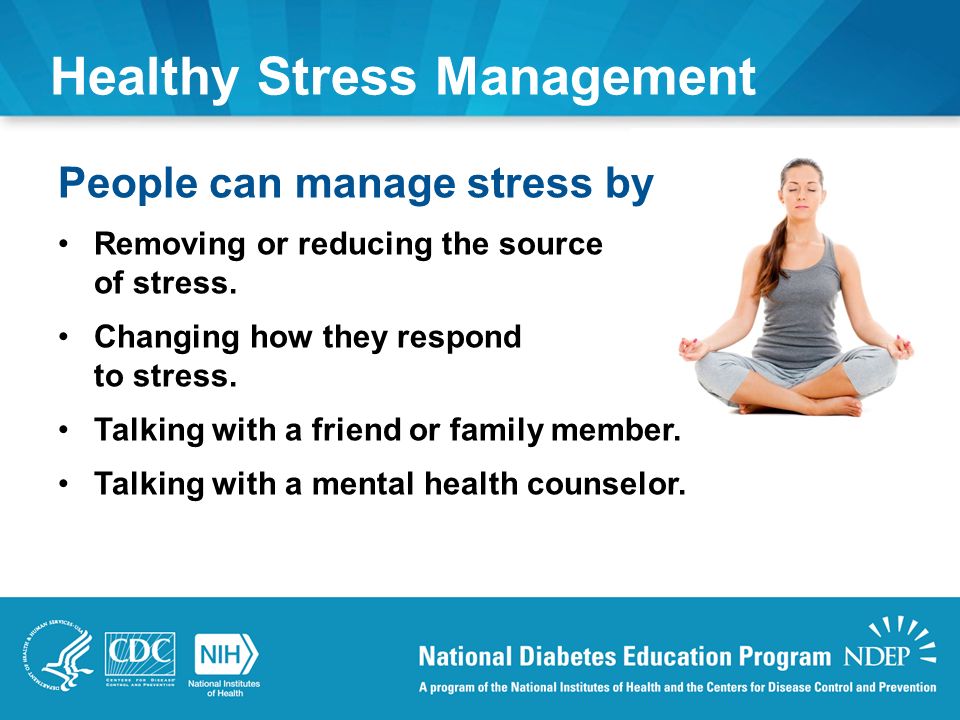 You may find a sample thesis presentation useful.
You may find a sample thesis presentation useful.
Stress Management Algorithm
- The most important thing is to cope with the internal shock in the first seconds when stress began to attack you. You have to start dealing with it at the very first stage. To do this, it is important to pump self-control and not squander your irritation on everyone around you.
- We study natural methods of self-regulation. All your possibilities that are at your fingertips help you in this. In fact, this is your life: measured planning of work and rest. Each of us has things or actions that help us calm down, get back to normal: chamomile tea, healthy sleep, a pillow, a beloved cat, etc.
- We study artificial methods of self-regulation. This includes psychological stress management techniques developed by scientists.
And here is the model to follow if you have failed to prevent yourself from stress.
Stress management strategy: step by step guide
Describe everything step by step. You need to follow this sequence:
You need to follow this sequence:
Step 1. We study ourselves. Take a closer look at what situations throw you off balance, what events make you nervous, etc.
Step 2. Find ways to stop yourself. From the first seconds of stress, try to take a break and prevent the onset of destructive actions. For example, do not yell at the interlocutor, but keep silent, apologize and go to another room.
Step 3. Transform negative energy into something less destructive. You need to de-stress now. Physical activity, household chores, warm tea, a conversation with a person you like, a walk in the fresh air, do an excellent job with this. Dipping your palms in cool water for 4 minutes will also help to take a break from bad thoughts.
Step 4. Remember what makes you happy, what brings you great pleasure. Try every day to devote at least a few minutes to what captivates you, brings you joy.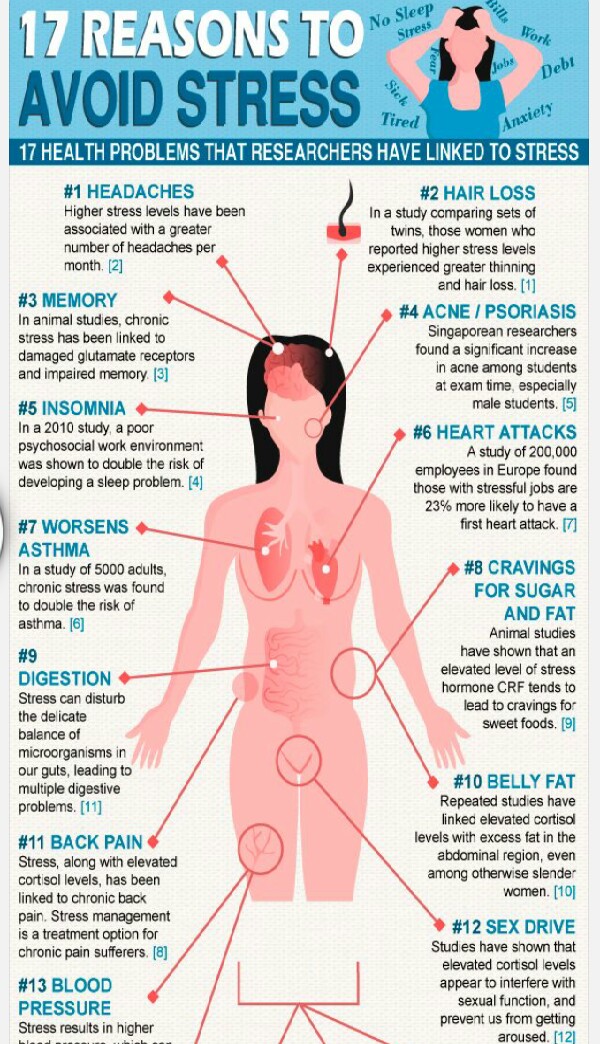
And always remember: you are not alone! There are always people around you who are ready to help and support, whether it's a simple phone call or help in writing term papers, tests, and theses!
Stress management for a business person. Stress management technologies proven in corporate wars, court battles and tough negotiations0146 * * *
Occupational stress is an important part of our lives. Despite the common features of occupational stress among workers of different specialties, there are specific features that are successfully consecrated in this book. It is filled with examples from the life of business people, and examples of stress are tied to specific moments in their work and life, which makes it especially useful. It seems to me that the authors managed to find the optimal balance between scientific and accessible presentation. I hope that thanks to this book, many people will be able to master the skills of stress management, and not only save their nerves and health in their difficult work, but also increase the efficiency of their activities.
 Alexey Danilov, Executive Director of the Association of Interdisciplinary Medicine, Doctor of Medical Sciences, Professor of the Department of Nervous Diseases of the Faculty of Postgraduate Vocational Education of Physicians, SBEI HPE, First Moscow State Medical University. I. M. Sechenov of the Ministry of Health of Russia, Honorary Professor of the Voronezh State Pedagogical University The authors have chosen the right style and nature of the presentation of such a topical topic as stress management.Yury Yurov, Candidate of Medical Sciences, Professor of the Voronezh State Pedagogical University, Honorary Worker of Higher Professional Education.
Alexey Danilov, Executive Director of the Association of Interdisciplinary Medicine, Doctor of Medical Sciences, Professor of the Department of Nervous Diseases of the Faculty of Postgraduate Vocational Education of Physicians, SBEI HPE, First Moscow State Medical University. I. M. Sechenov of the Ministry of Health of Russia, Honorary Professor of the Voronezh State Pedagogical University The authors have chosen the right style and nature of the presentation of such a topical topic as stress management.Yury Yurov, Candidate of Medical Sciences, Professor of the Voronezh State Pedagogical University, Honorary Worker of Higher Professional Education.It is immediately clear that one of the co-authors of the book is a lawyer. A clear structure and many definitions - this is what is clear, familiar and pleasant to any jurist. The authors managed to collect and systematize really acting (including those that act quickly and without any effort) psychological techniques.
For those who are starting to learn self-regulation techniques, this book is a set of tools with which you can change the quality of your life, professional and personal. For the advanced - a reminder of human capabilities and new interesting facts that deepen their knowledge and arsenal. For everyone - a step towards the health of the body and soul.
Alexey Timofeev, litigation lawyer, www.pervyyurist.rfThis book, dedicated to stress in the professional activities of business people and methods of managing this stress, is unique. The fact is that stress, being one of the most important modern problems, is considered in relation to the legal profession and, to some extent, Russian reality. Accounting for this specificity is very important in the life of a business person in general and a lawyer in particular, which is associated with conflicts, prolonged concentration of attention or hard work. The proposed psychotechniques can be easily mastered by everyone by including them in the program to increase their own competitiveness.
Given the possible replacement of lawyers by "robots" and IT systems, this competition will only intensify, creating stress for which one must be prepared.
Dmitry Zhdanukhin, President of the Association of Corporate Collections, General Director of the Center for Humanitarian Legal Technologies, Candidate of Lawn. Alexei Borisovich Danilov;
Professor of the Voronezh State Pedagogical University, Ph.D. Yuri Vasilievich Yurov;
Director of the Center for NLP in Education. A. Pligin to Alexander Viktorovich Gerasimov;
Oleg Valeryevich Lekontsev, chief expert of the Center for Practical Psychotherapy under the direction of S. V. Kovalev;
Samvel Gurgenovich Karakhanyan, President of the Barshchevsky and Partners Moscow Bar Association;
psychiatrist, psychotherapist, specialist in NLP and Ericksonian hypnosis Sergey Anatolyevich Gorin;
to the instructor of transcendental meditation Andrey Nikolaevich Gapon;
President of the Corporate Collection Association, General Director of the Center for Humanitarian Legal Technologies Dmitry Yuryevich Zhdanukhin;
Managing partner of the Russian House of Law, lawyer Ph.
D. Maxim Petrovich Bozhko;
lawyer Ph.D. Maria Andreevna Erokhova;
court lawyer Alexey Valerievich Timofeev;
editor Irina Sergeevna Glebova,
and Maria Viktorovna Kataeva.
Chapter 1
Stressful world1.1. Stress and the business man: an introduction to the problem
Let's look around.
"I'm stressed," we hear at every turn, "I'm completely out of my wits..." We complain about feeling unwell, talk about chronic fatigue, discuss health in the media. Trainings to develop stress tolerance skills break attendance records, and the phrase "stress management" has firmly entered the lexicon of the Russian layman. In social networks, in thematic blogs, and even in a cozy cafe where you run in for a morning cup of coffee, they will easily explain to you what stress is, because we all, without exception, are familiar with it.
But even with such an “enviable popularity” of this problem, a clear understanding of it still eludes us.
For some, stress is hard exhausting work, for others it is emotional outbursts, a pile of unresolved problems or fatigue after working days. Others see it as a temporary difficulty that will surely pass, you just need to wait out a period of trouble. So why is stress considered perhaps the main problem of modern man? Is it true that more people die from the consequences of stress than from the consequences of the devastating disasters of our time? Let's try to understand this phenomenon.
Let's start with a definition. The word "stress" in direct translation from English means "tension", which is probably how most people perceive it. If we turn to the academic interpretation, then stress is understood as a state of psychological tension caused by various types of pressures or forces. A person is dominated by circumstances, fate, people and his own thoughts, which gradually leads to a general exhaustion of the body. The tension rooted in the body is easy to recognize by the constrained facial expressions, muscle spasms and shortness of breath - it’s not for nothing that people who are under stress are most often told: “Relax!”, Which, however, is much easier to advise than to implement.

But muscle tension is only the outer side of stress. Much more dangerous are the internal processes occurring in the body. It was for their research that Hans Selye, the creator of a complex doctrine of stress, which he first called the “general adaptation syndrome,” received the Nobel Prize.
According to studies, the development of stress leads to a significant restructuring of many physiological and biochemical processes in the body. These changes are almost identical in a variety of life troubles - financial losses, unfulfilled obligations, unhappy love, marital conflicts or a protracted legal conflict with unclear prospects. The mechanism of development of stress, no matter what happens to you, is predictable: a person secretes special hormones of the adrenal cortex, the work of the endocrine glands and the hypothalamus changes, disturbances of the mucous membrane of the gastrointestinal tract occur, the rhythm of cardiac activity is disturbed, blood pressure increases, etc.
The merit of Hans Selye is that he proved the systemic nature of this phenomenon and the possibility of its adverse effects on human health, which we so often neglect in the pursuit of money, social status, career, or for the sake of satisfying our own ambitions.
Summing up, let's give a definition of stress:
Stress is a long-term systemic (psychological and hormonal) reaction of the body to life situations that a person considers threatening his well-being and does not see the possibility for their quick resolution.
You will see that by ignoring stress manifestations and having no idea how the body functions, you expose your health and life to a serious and unjustified threat that can lead to the most sad consequences, and, on the contrary, an exhaustive understanding of what is happening with you under stress, the ability to recognize its first signs in time and knowledge of stress management techniques will allow you to work long and fruitfully, while maintaining health, energy and good mood.
The goal of this book is to teach the reader how to manage stress.
Now let's turn to the statistics, which can hardly be called optimistic. According to the World Health Organization, 45% of all diseases are related to stress in one way or another. The International Labor Organization estimates the losses caused by this phenomenon at two hundred billion dollars annually [1] . Recently, the psychological burden on a person has increased significantly, which is manifested in the detrimental effect of the effects of stress on all body systems. Unfortunately, our compatriots are no exception - Russia has been taking the "honorable" first place in the sad rating of mortality from diseases of the cardiovascular system for several years. The statistics seem horrific: out of a hundred thousand people in Russia alone, three hundred and thirty men and one hundred and fifty-four women die annually from myocardial infarction, and two hundred and four men and one hundred and fifty-one women die from strokes, which in total accounts for 57% of the total number of deaths.
caused by various diseases. There is no other developed country in the world with such a high rate! Russia loses one million three hundred thousand people a year as a result of systemic lesions of blood vessels and the heart, which can be equated to the population of a large regional center.
Of course, the low (compared to developed countries) level of medical care and the notorious “Russian indifference” play a certain role here. However, one should not lose sight of the high level of stress in professional activities. Unfortunately, we were unable to find official studies on the level of stressfulness of professions in Russia, but we can turn to foreign ratings - foreign researchers, unlike Russian ones, pay close attention to this issue.
Of course, the realities in other countries often differ from those in Russia. For example, court clerk, according to careercast.com, ranks third among the least stressful, along with piano tuners and librarians. Anyone who has come across representatives of the mentioned profession in Russia is well aware that the level of stress experienced by these professionals is simply enormous.

If you ask an ordinary person the question of what profession people most often experience stress, then most likely the answer will be as follows: special forces soldiers, miners, surgeons, astronauts, intelligence officers - in general, representatives of those professions whose activities in in the minds of the layman is associated with a high level of risk. Perhaps someone will remember more “prosaic” specialties: business owners, top managers, entrepreneurs, taxi drivers. Indeed, the level of stress in these professions is extremely high.
However, there are a number of professions, the level of stressfulness of which often exceeds the above. One of them is the profession of a lawyer in general and a trial lawyer (litigator [2] ) in particular. This fact is confirmed by numerous foreign studies. The results of one study conducted in the USA showed that the likelihood of depression in a lawyer is higher than in 70% of other professions [3] .
British psychologists, in turn, found that the most stressful professions are the professions of a lawyer and an accountant [4] .
The teachings of Hans Selye had one significant drawback - it did not include an in-depth study of the psychological component of stress. The reason is quite simple - the Nobel laureate conducted experiments not on humans, but on rats. Poor animals were exposed to various factors: cold, heat, hunger, infections, as well as mechanical stress. The result of studying the reactions of rats to such stressors (that is, factors that cause stress) was the concept of a general adaptation syndrome. However, as further studies have shown, the number of stressors affecting humans significantly exceeds the number of those in rats. People suffer and experience stress not only from physical stimuli - a large proportion of human ailments are purely psychological in nature. Excessive responsibility, ambition, and a desire for enrichment, a sense of duty, or overstated claims lead to stress.
It is for this reason that, almost twenty years after Hans Selye's research, another scientist, Richard Lazarus, introduced the concept of psychological stress, which significantly expanded the researchers' understanding of human stress.
Psychological stress can be defined as a systemic and prolonged reaction of the human psyche to a situation that threatens the social well-being of a person, reduces his self-esteem or destroys his stable picture of the world.
Please note that this definition does not refer to a threat to human life or health, which occurs during biological stress, described in the works of Hans Selye. The breakdown of important negotiations, the failure to complete a lawsuit, the failure to pay a promised fee, a conflict with an opponent, client or colleague cause a feeling of annoyance or annoyance, but all these events are not fatal, unless, of course, you allow stress to "enter" your body and kill you. through a stroke or heart attack. And this is exactly what happens to thousands of people who did not consider it necessary to study the mechanisms of stress reactions and protect themselves from distress - stress that has a negative effect on the body.

In our book, addressed primarily to business people - entrepreneurs, managers and other professionals working in the business world, we will analyze the following questions:
• What is stress?
• What situations cause stress in the life of a business person?
• What techniques can be used to effectively manage stress?
• How to replace harmful stresses with beneficial ones?
From the very beginning, we would like to clarify that this book has nothing to do with Eastern philosophy manuals: we do not promise that after reading it you will find Buddhist peace and stress will completely disappear from your life. Any individual living in the modern world cannot always be in a state of absolute psychological balance. After all, in the life of any person from time to time there are both positive and negative events that violate peace of mind. By the way, a successful deal, signing a lucrative contract or winning a difficult lawsuit is also stressful, only pleasant.
The idea of stress management is to master techniques that allow you to restore internal balance in a short time. In this book, we offer you one of the most effective stress management techniques that we have tried on ourselves and that our clients are successfully mastering.
The main danger to humans is precisely negative stress or, as it is often called, distress . It has a negative tendency to accumulate in the body and, having reached a certain level, often becomes chronic (as Virgil wrote, “the deeper the disease is hidden, the more evil and dangerous it is”). This is fraught with the fact that the body loses the ability to return to a state of equilibrium and steadily rolls towards psychosomatic diseases and destruction. At the same time, a person gradually gets used to such a background stress stops noticing blood pressure surges, restricted breathing, abdominal cramps or muscle tension, and when he pays attention to his health, it is often too late.

What happens in the human body under the influence of a stressor? A simplified diagram looks like this. In the structure of the brain is the so-called limbic system, one of the areas of which is called the amygdala. This is a kind of emotional center of the brain. Under the influence of stressors, the amygdala is activated, sending the appropriate signal to the autonomic nervous system, which, in turn, spreads it throughout the body.
The autonomic system includes two "subsystems" - sympathetic and parasympathetic. The first is a kind of "gas pedal" for the body. Its activation is associated with the general excitation of the body: blood pressure rises, the pulse quickens, blood rushes to vital organs, etc. A person is ready for battle, running and other active actions. The parasympathetic nervous system, in contrast, functions as a brake pedal: activating it relaxes the body so that it can rest and recuperate.
Therefore, the goal of effective stress management at the physiological level is to calm the sympathetic nervous system by activating the parasympathetic nervous system.
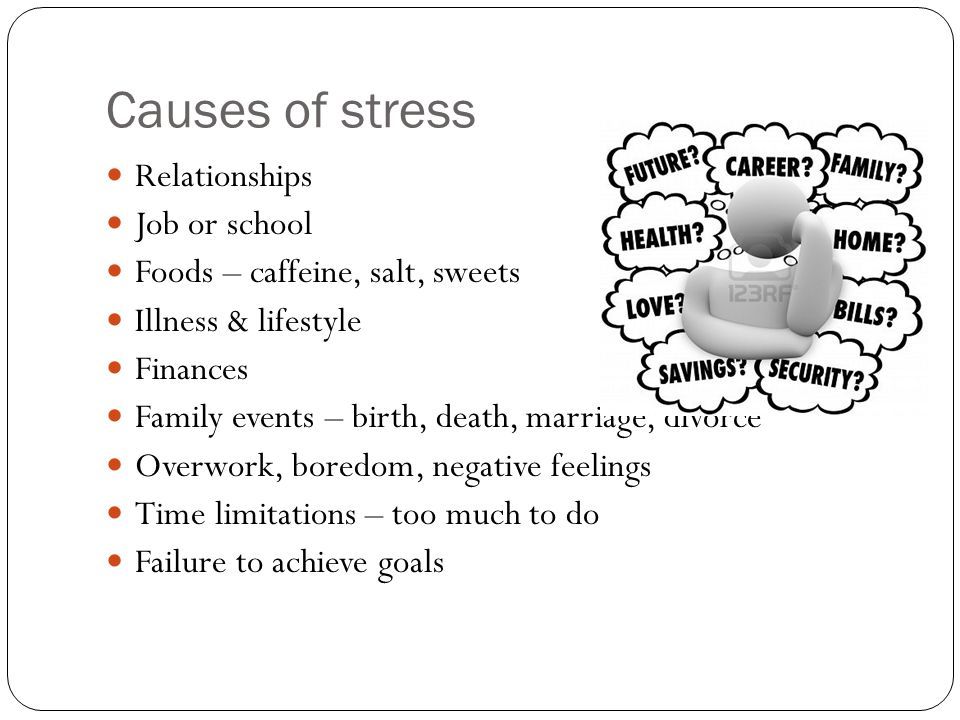
The human body, mind and behavior are equally subject to chronic stress.
The negative effect on the body is manifested in the increased risk of cardiovascular diseases and other psychosomatic diseases [5] .
Destroying the psyche, chronic stress contributes to the accumulation of negative emotions, forms a habit of negative perception of life events and causes chronic fatigue. Prolonged exposure to such stress on the body significantly increases the likelihood of developing mental illness. In addition, the effect of stress on the psyche is reflected in the fact that the activation of the amygdala suppresses the ability to think rationally and make informed decisions. Therefore, under the influence of stress, the probability of making a collected and thoughtful decision tends to zero. This is precisely the reason for the failures of inexperienced managers who are faced with a particular conflict situation for the first time in practice, or novice litigators who find themselves in a courtroom for the first time: it seems that there is knowledge, and all scenarios have been calculated, but .
.. Suddenly, all the information somewhere disappears from consciousness, and you feel absolutely helpless. Techniques that enhance the activity of the amygdala are used during interrogations (for example, the interrogated person is artificially evoked strong emotions that dull the ability to think rationally) and are aimed at making a person make mistakes and say something that, from the point of view of rational thinking, it is completely impossible to say. follows.
And finally, at the behavioral level, the impact of chronic stress is manifested in increased aggression, increased tendency to avoid social interactions, and in the formation of various addictions, the most common examples of which are considered to be alcohol, drugs or drugs.
Here is what they write about this, for example, American legal publications: "Lawyers are characterized by psychopathological symptoms: depression, anxiety, hostility, paranoia" [6] . “Many lawyers suffer from depression, alcoholism, and other physical and mental disorders.
37% of the lawyers surveyed experienced symptoms of depression, 42% experienced feelings of loneliness, 25% experienced physical symptoms of depression, anxiety, and anxiety; 11% of lawyers had suicidal ideas once or twice in the last month, 17% of Themis ministers drink three to five servings of alcoholic beverages every day [7] .
.0280 [8] writes: “By the age of forty, Dan Lukasik had a successful career in law. He was a managing partner of a law firm in Buffalo, New York that bore his name. Things were going well and he had a busy work schedule. However, after every court hearing, whether he won or lost, he would drive to the half-empty parking lot of the Kmart Mall to cry. Lisa Smith used cocaine and alcohol daily to relieve the intense stress that accompanied her work at a large law firm in New York, until one day, in 2004, she was on the verge of suicide. With this problem, she came to a rehabilitation center, but refused to go through a 28-day rehabilitation program because she had to return to work.
None of her colleagues knew what was happening to her. Michael Christopher Starr rose rapidly through the ranks at the Washington D.C. law firm of Akin Gump Strauss Hauer & Feld and was known not only as a capable lawyer but also as a boxer. But no one, except for close people, knew that he was struggling with severe depression. One day in 2013, he canceled a trip to Miami at the last moment and died two days later. These are just three stories of lawyers who have experienced mental breakdowns while working in a field that is characterized by an extreme degree of secrecy, in connection with which lawyers working there refuse help and participate in rehabilitation programs. And there are many thousands of such people.” American psychologists are sure that the profession of a lawyer is one of the most stressful, and work in a large law firm only exacerbates mental problems.
Despite the fact that we could not find a single domestic scientific study on the topic of stress in business people and representatives of certain professions from the business world (entrepreneurs, managers, lawyers, etc.
), we can assume that things are going well in Russia not much better. An unpleasant conclusion suggests itself: a business person and chronic stress are closely related phenomena. "Optimistic", isn't it?
A logical question arises: what to do?
There are at least two ways.
Path number one is to do nothing, hoping that everything will work out, come to naught, and continue to fight with traditional (and someone will notice: "tested") methods. In Russia, the number one tested remedy is alcohol. In the United States, the situation is somewhat different - there, along with alcohol, other mentally active substances, including narcotic ones, are no less popular. For example, in Ohio, practicing lawyers are required to undergo regular training sessions to prevent possible addictions (abuse), but psychologists agree that these methods are not very effective [9] .
A variant of this path is to relieve stress with medication. However, there are no effective ways to manage stress with the help of “magic pills”: stress is born in the head, in thoughts and emotions, and only then manifests itself in the body.
Psychological stress is the reaction of the psyche to the discrepancy between the subjective model of reality and the objectively existing reality. The more painful this contradiction is felt, the higher the level of stress, respectively, to treat psychological problems with biochemical agents (pills) is not much more effective than drinking alcohol. Over time, the doses of medications will increase, their effectiveness will decrease, an addictive effect will occur ... How it all ends, you can guess. At the same time, one cannot but agree that in certain situations the temporary use of specialized drugs (under strict medical supervision) in combination with competent psychological support can lead to positive results.
The way described above, despite its obvious dead end, as practice shows, is the majority. The reason, as we see it, is in its apparent simplicity. Indeed: I ate a pill - and there is no stress! In 2013, global sales of tranquilizers, antidepressants, and sleeping pills totaled over US$300 billion.
Think about it: this is 20% more than the budget of the Russian Federation for 2016 [10] .
Path number two is to use the achievements of modern science and introduce a system of stress management and personal efficiency improvement into your daily life. This path, as it may seem at first glance, requires more effort, but believe me: it really can turn you from a hostage of stress into its owner. As you implement the suggested stress management techniques, you will be able to not only prevent, but also transform the destructive effects of stress on your body, turning distress into positive eustress. The time that the reader will need to master this system is about six months. Given that life is more like a marathon than a sprint, that's not much.
The main problem that prevents business people from effectively learning stress management techniques is that professionals working in the business world are most often convinced that one thing is needed for a successful career - good technical knowledge.
So, for example, lawyers are mostly convinced that a good knowledge of the law is the key to success, and as a result, most practicing lawyers have excellent knowledge of the current legislation, judicial practice, they are able to write high-quality procedural documents, but at the same time they are completely unable to manage their condition and level stress , although it is the last two factors, from our point of view, that are the basis for both a successful career and a happy and harmonious life. The same mistake is typical for professional managers who pay great attention to the study of modern technologies of planning, personnel management, communications and negotiation, etc., but are absolutely helpless in everything related to managing their own state in stressful situations.
A paradoxical situation is emerging. In sports and law enforcement, self-improvement and stress management are given increased attention, but in the white-collar world these problems are completely ignored.
It is considered completely normal that a professional athlete visits a psychologist who teaches him how to maintain mental and emotional balance in the process of preparing and participating in competitions, allowing him to constantly be at the peak of performance. But let's imagine that a manager or a lawyer regularly goes to classes with a psychologist - will this be adequately perceived by the layman (especially Russian)? We are not sure. At the same time, the key techniques that allow you to stay at the highest level of productivity, energy, etc. for a long time are identical in sports and in business.
Many people think that if you start mastering the stress management system, then sooner or later the long-awaited moment will come when you say goodbye to stress forever. This is wrong! It is impossible to get rid of stress. Firstly, we “do not live on a cloud - we live with people”, and social interaction is a direct source of stress, which cannot be excluded. Secondly, even if you completely isolate yourself from society and live as a hermit, you will take most of your stresses with you.
The reason is very simple: as a rule, stress is provoked not by the incidents that happen to us in everyday life, but by our mental activity about these events - our thoughts, forecasts, emotions and much more.
The real purpose of the system proposed in this book is to develop skills in conscious stress management. At the same time, stress should not be completely negated. Studies have shown [11] that a low level of stress (as well as a high one) significantly reduces the level of motivation. Life becomes monotonous and bleak, productivity drops sharply. Therefore, for healthy motivation aimed at achieving high performance at work, an optimal (moderate) level of stress is necessary.
Let's take a quick look at our stress management system. For convenience, we have divided the process of mastering it into three levels:
1. basic level of stress management;
2. advanced stress management;
3. higher level of stress management.
By mastering the basic level, you can effectively reduce the level of so-called sudden stress, as well as significantly increase your self-confidence.
![]()
Advanced level will increase the body's resistance to stress as a system. This is achieved by integrating the components of a healthy lifestyle, as well as mastering stress management techniques that allow you to work through stressful situations that have occurred in the past, affect you in the present or are predicted in the future. At this level, we will also offer you effective ways to optimize your time, psychological techniques for dealing with laziness and procrastination. A separate block within the advanced level highlights the methods of decision-making and management of thought processes.
The highest level of stress management is optional. We are sure that the study of the first two is quite enough to significantly reduce the level of stress. However, if your goal is to gain total control over such a phenomenon as stress, we suggest mastering this highest level of our system. By and large, mastering the highest level never ends - it is an endless path to self-improvement and gaining mastery of stress management.
Its main topics are working with values and emotions, auto-training and meditation techniques.
We would like to note that all the psychological techniques proposed in this book are universal and allow you to work effectively with any stressful situations.
1. These losses are comparable to the budget of the Russian Federation in 2016, which, according to the draft budget approved by the Russian government and approved by the State Duma, amounted to 247.4 billion US dollars in terms of the budgeted dollar rate. - Approx. ed.
2. From "litigation" - representation and protection of the rights and interests of clients in courts of various instances.
3. Laura Gatland, Dangerous Dedication: Studies Suggest Long Hours, Productivity Pressures Can Cause Serious Health Problems and a Higher Suicide Rate for Attorneys, American Bar Association Journal, Dec. 1997, at 28.
4. https://health.mail.ru/news/spisok_samyh_vrednyh_professiy.
5. These include ischemic heart disease, arterial hypertension, gastric ulcer, duodenal ulcer, bronchial asthma.
![]()
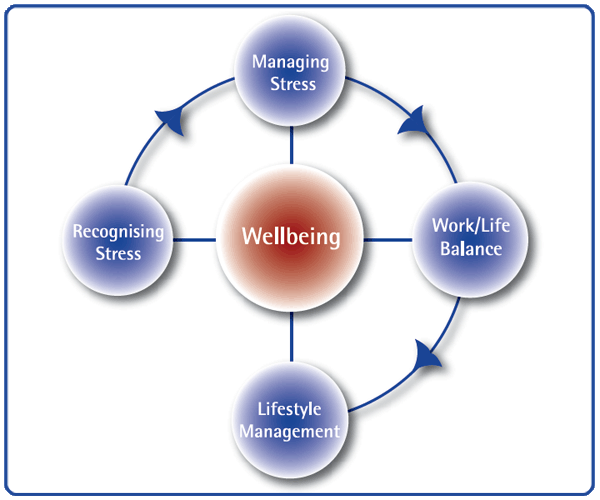 ”
”


